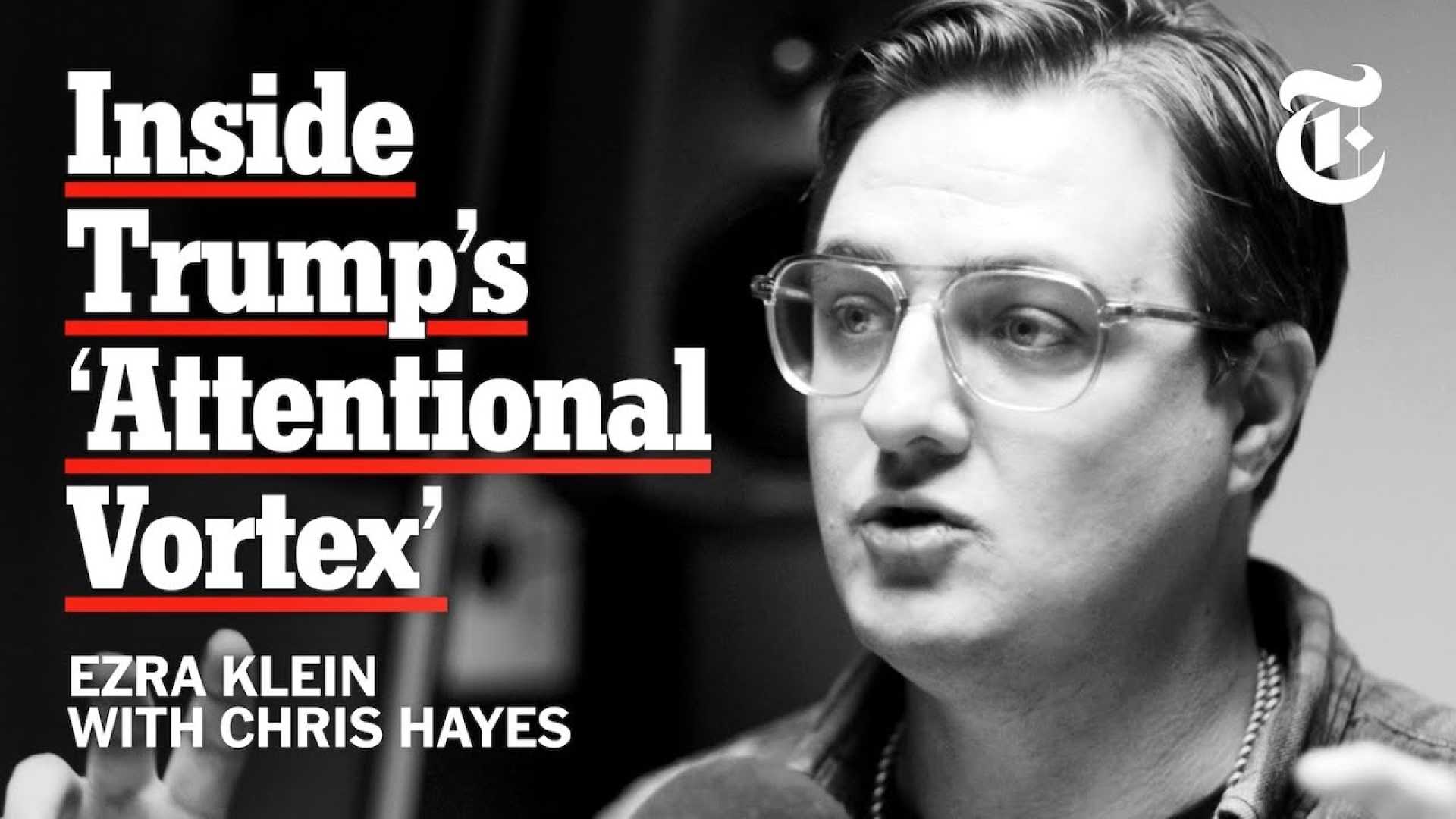Opinion
The Battle for Attention: How Modern Life Revolves Around a New Commodity

NEW YORK, N.Y. — For over a decade, Chris Hayes, host of MSNBC’s “All In,” has navigated the treacherous waters of cable news, where attention is the currency that powers everything. In his new book, Hayes explores how the relentless pursuit of attention has reshaped not only media but every facet of modern life, from politics to personal relationships.
Hayes describes his early days in television as akin to first-time car ownership: full of freedom but ultimately constrained by the need to capture and hold viewers’ attention. “A cable-news show is powered by attention,” he writes. “If no one watches it, the show will be canceled.” This realization led him to view attention as a force like wind, something to be harnessed rather than controlled.
Attention, Hayes argues, has become the defining resource of our age, rivaling the importance of labor during the industrial revolution. “Every aspect of human life is being reoriented around the pursuit of attention,” he writes. “It structures our inner lives, our public discourse, and even our collective memory.”
Hayes draws parallels between the commodification of labor in the 19th century and the commodification of attention today. Just as workers were alienated from their labor under industrial capitalism, modern individuals are alienated from their attention, constantly pulled in competing directions by algorithms, advertisements, and social media.
Elon Musk’s acquisition of Twitter serves as a case study in the attention economy. Hayes notes that Musk’s $44 billion purchase was less about business strategy and more about securing a platform to dominate global attention. “Musk’s obsession with attention cost him billions,” Hayes writes, “but it has also helped him elect a president, influence policy, and grow his fortune.”
The consequences of this attention economy are profound. Hayes points to the rise of sensationalism, the erosion of truth, and the mental toll of constant distraction. “Public discourse is now a war of all against all for attention,” he writes. “Commerce, social life, and even parenting have become battlegrounds.”
Hayes also examines the psychological impact of this shift. “We have multiple selves who want different things,” he writes. “A self who wants to read, a self who wants to scroll. The tension between these selves is hard to reconcile.”
Despite the challenges, Hayes remains hopeful. He calls for the creation of alternative markets for attention, noncommercial spaces, and even regulatory measures to protect individuals from the most exploitative aspects of the attention economy. “We don’t have to accept this,” he writes. “We can create a world where we point our attention where we want it to go.”
Hayes’ book, adapted from his Atlantic essay, offers a timely critique of the forces shaping our lives and a roadmap for reclaiming control over our attention. As he puts it, “Attention is the substance of life. What we pay attention to is what our lives will be.”












